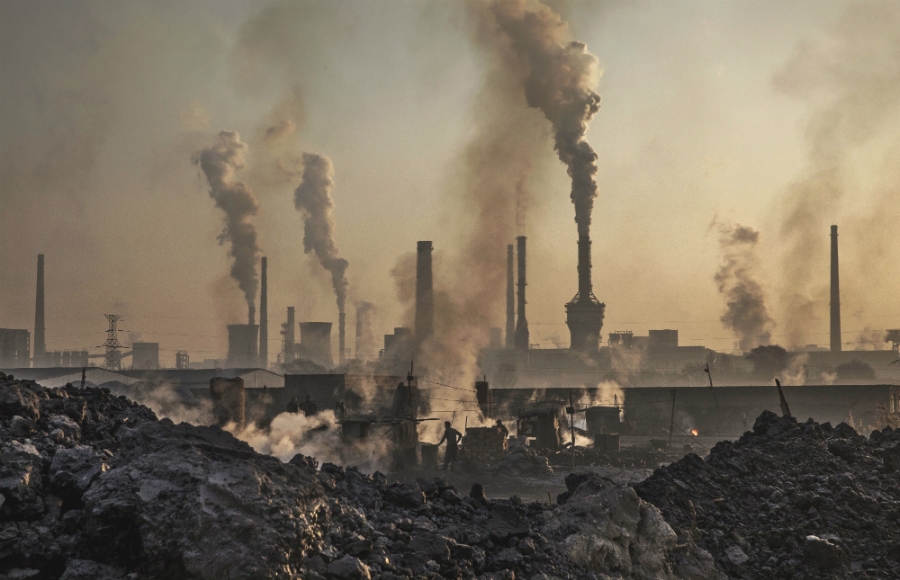
BY BABATUNDE OLAMIDE SULAIMON
A Nigerian and a post-doctoral fellow at the Geophysical Institute, Karlsruhe Institute of Technology (KIT), Karlsruhe, Germany, Dr Emmanuel Anthony, has disclosed that Nigeria’s GHG emissions are estimated to reach 453 million tonnes of CO2 emissions by 2030.
He said Nigeria has the potential to store the emission of gases rather than letting it flare into the atmosphere as it’s being done presently in the South-South geo-political zone of the nation.
Dr Anthony made this known on Thursday in a webinar organized by Earth Signature Research Group (ESReG) with the theme: “Carbon Capture and Sequestration as a Tool for Reducing Global Climate Change.”
According to him, one of the ways or approaches to reduce gas emissions from flaring into the atmosphere is carbon capture and sequestration which he explained to be natural or artificial processes that capture and store carbon dioxide to prevent it released into the atmosphere.
He said Co2 storage in geological formation is possible in Nigeria because there are many deflected oil reservoirs.
Anthony made mention of some of the storage sites around the world currently, which include Sleipner, Altmark, Wayburn, Salah, Miranga, Hontomin, and Hastings.
He also advocated for a strong legal framework that will be judiciously enforced to ensure stakeholders responsible for emissions of green gas are forced to create another means of storing their gases instead of polluting the atmosphere.
He explained how temperature and Co2 have increased from 1880 to date due to the increase of industrialization, which he linked to human activities.
He highlighted some of the human activities such as energy supply contributing 34%, industry 24%, agriculture, forestry and land with 22%, building with 5.6% and transport 15%.
Speaking on the need to ensure stakeholders are responsible and enforced for emissions of green gas instead of polluting the atmosphere, he said: “If a strong legal framework is introduced in Nigeria as it was done in Norway, it will make these companies think out of the box.
“Let’s say any company caught flaring gases into the atmosphere will be made to pay $500,000 per ton and it is enforced most companies will follow the part of geological storage.”
He said carbon capture and sequestration can significantly reduce Co2 in the atmosphere, reducing global warming.
He believes Nigeria can key into this technology to utilize the deflected reservoirs and reduce carbon emissions.







